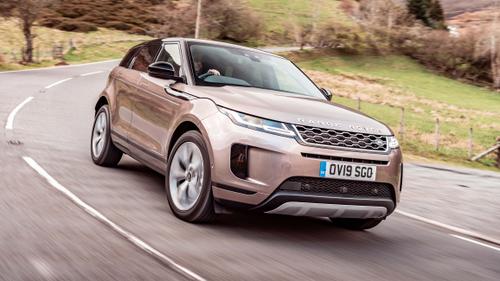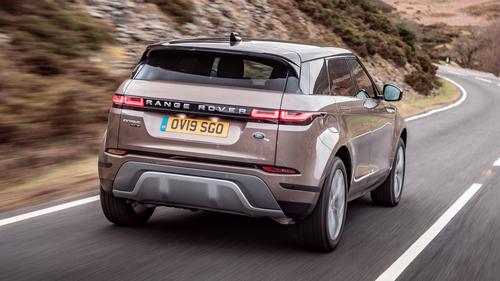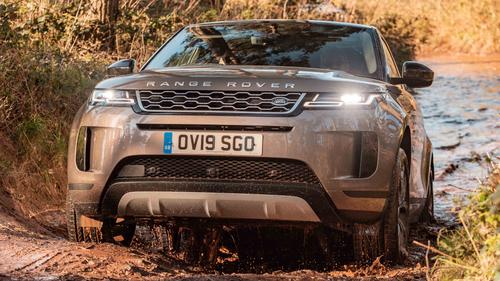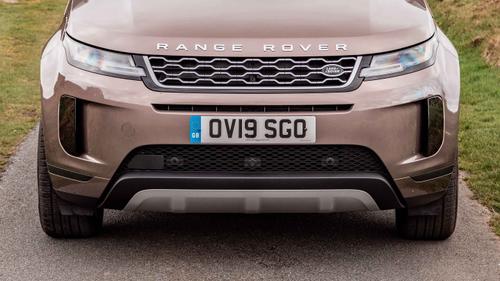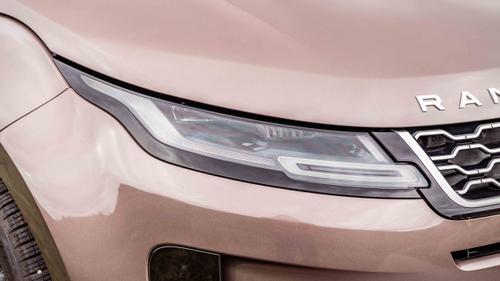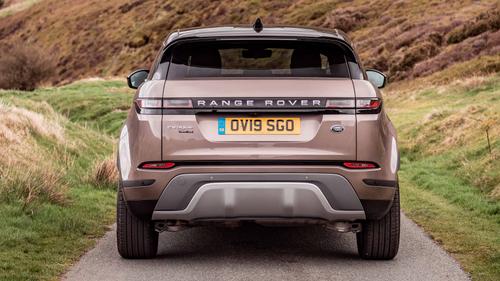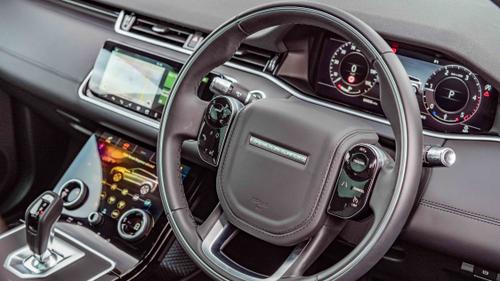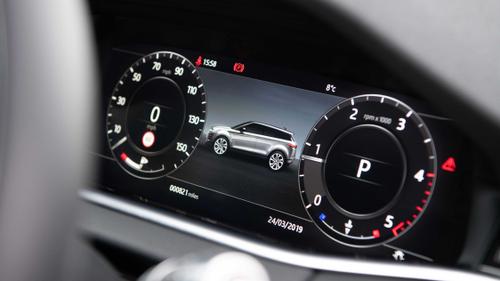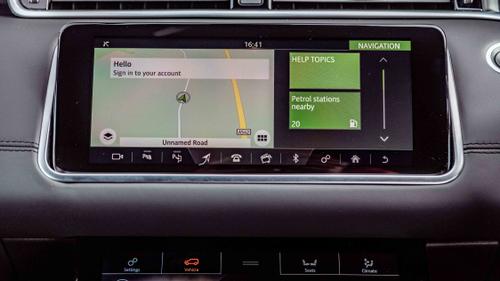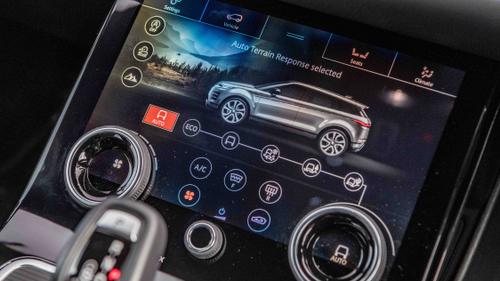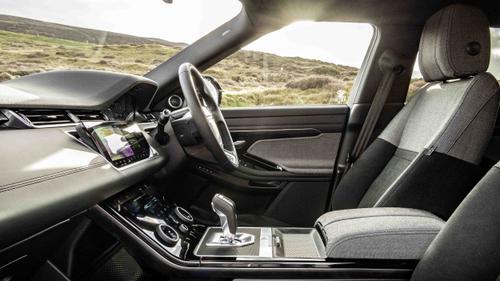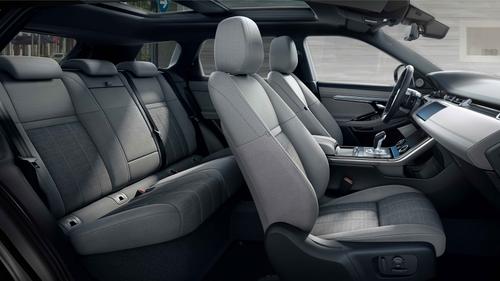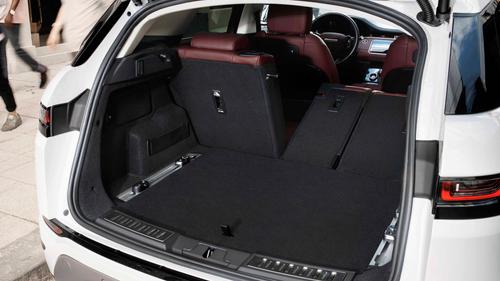
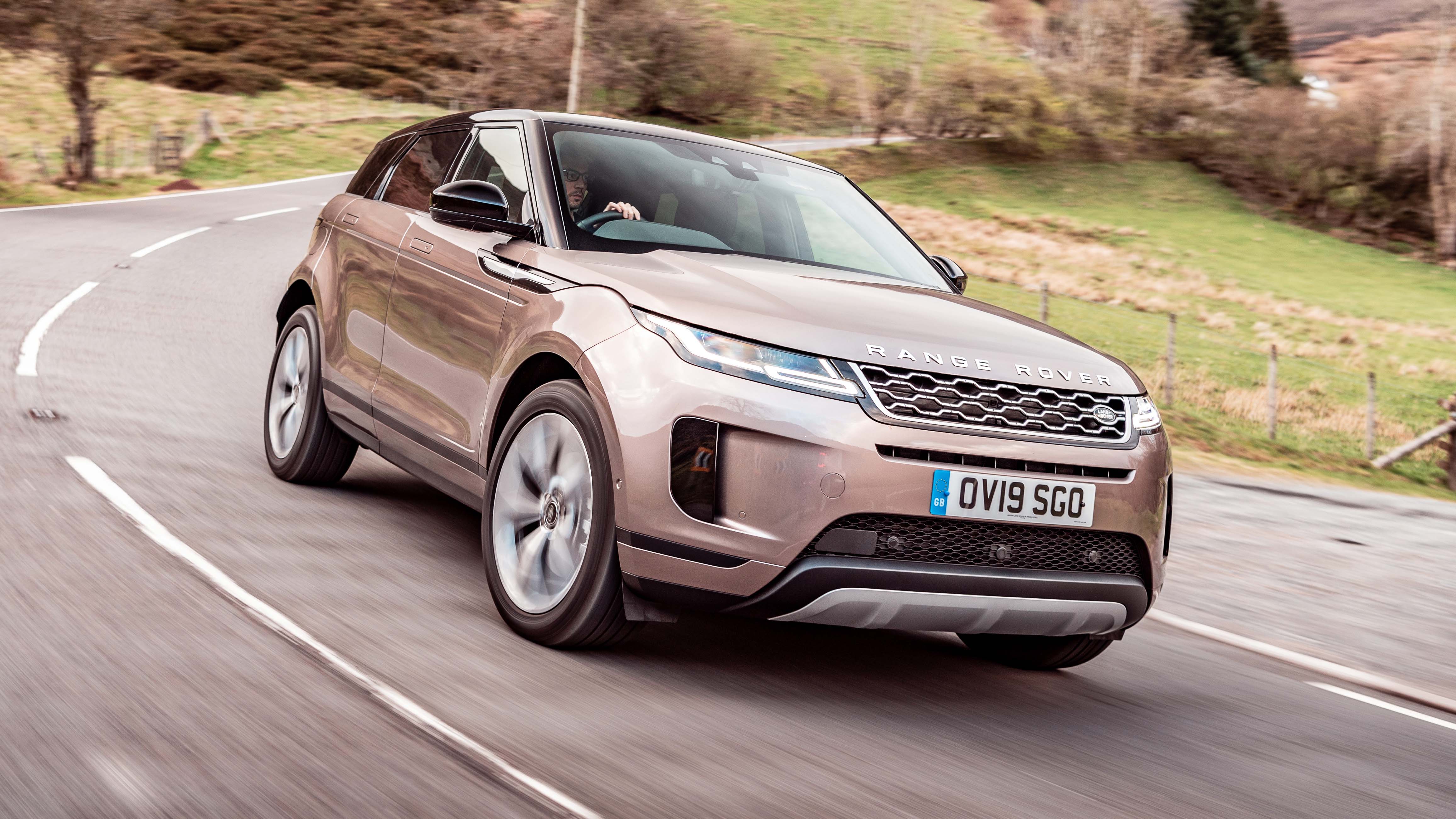
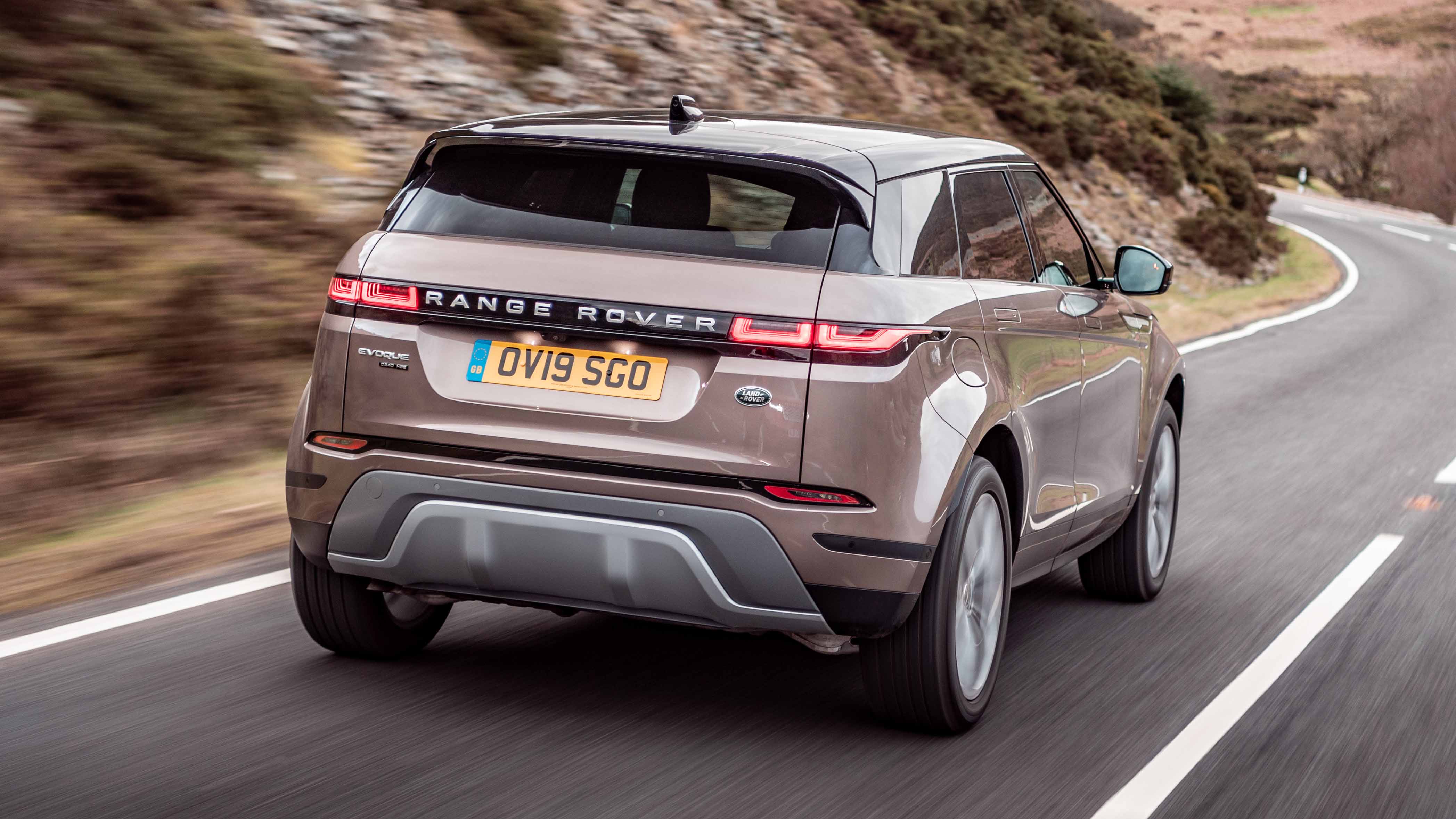
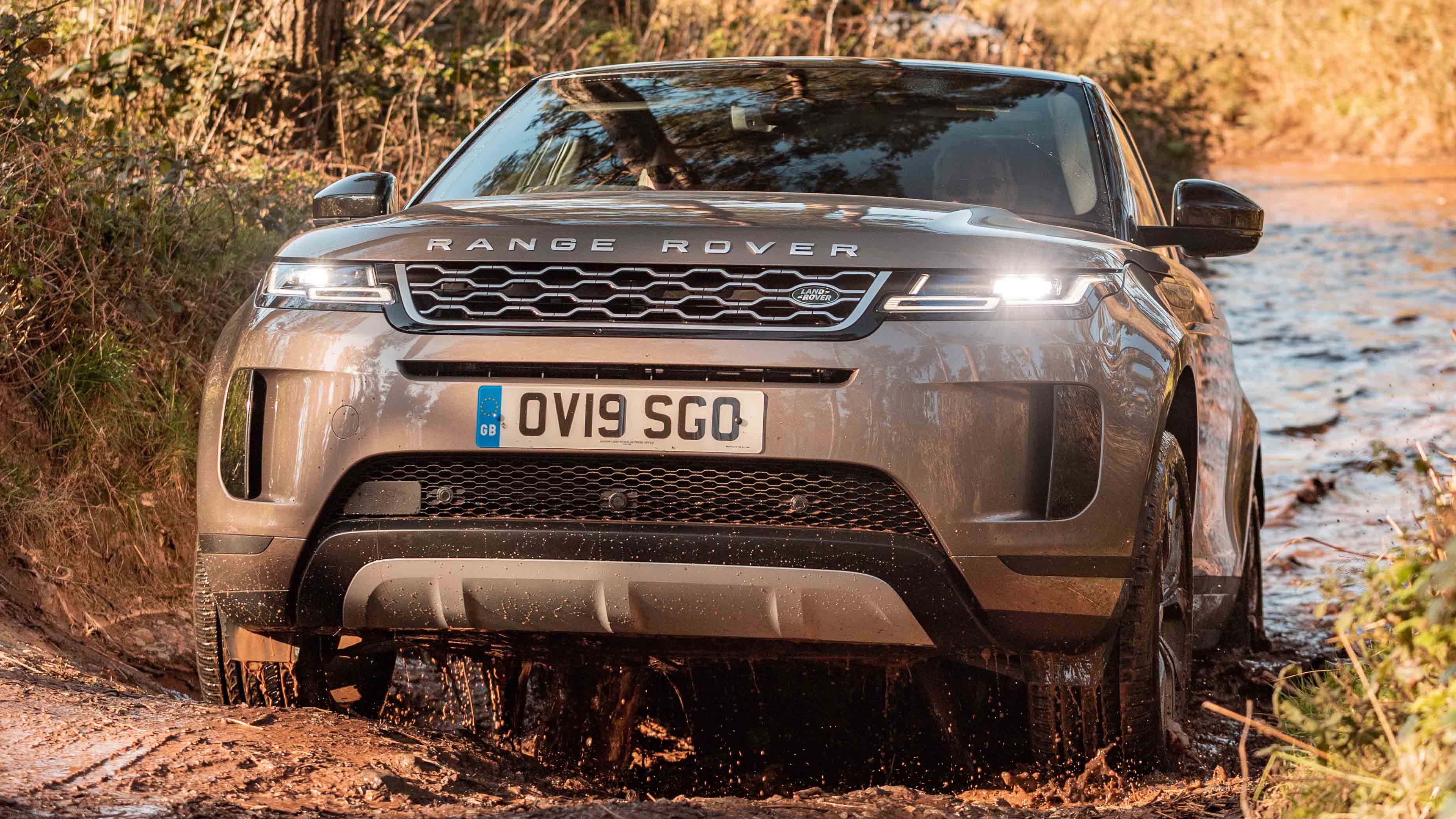
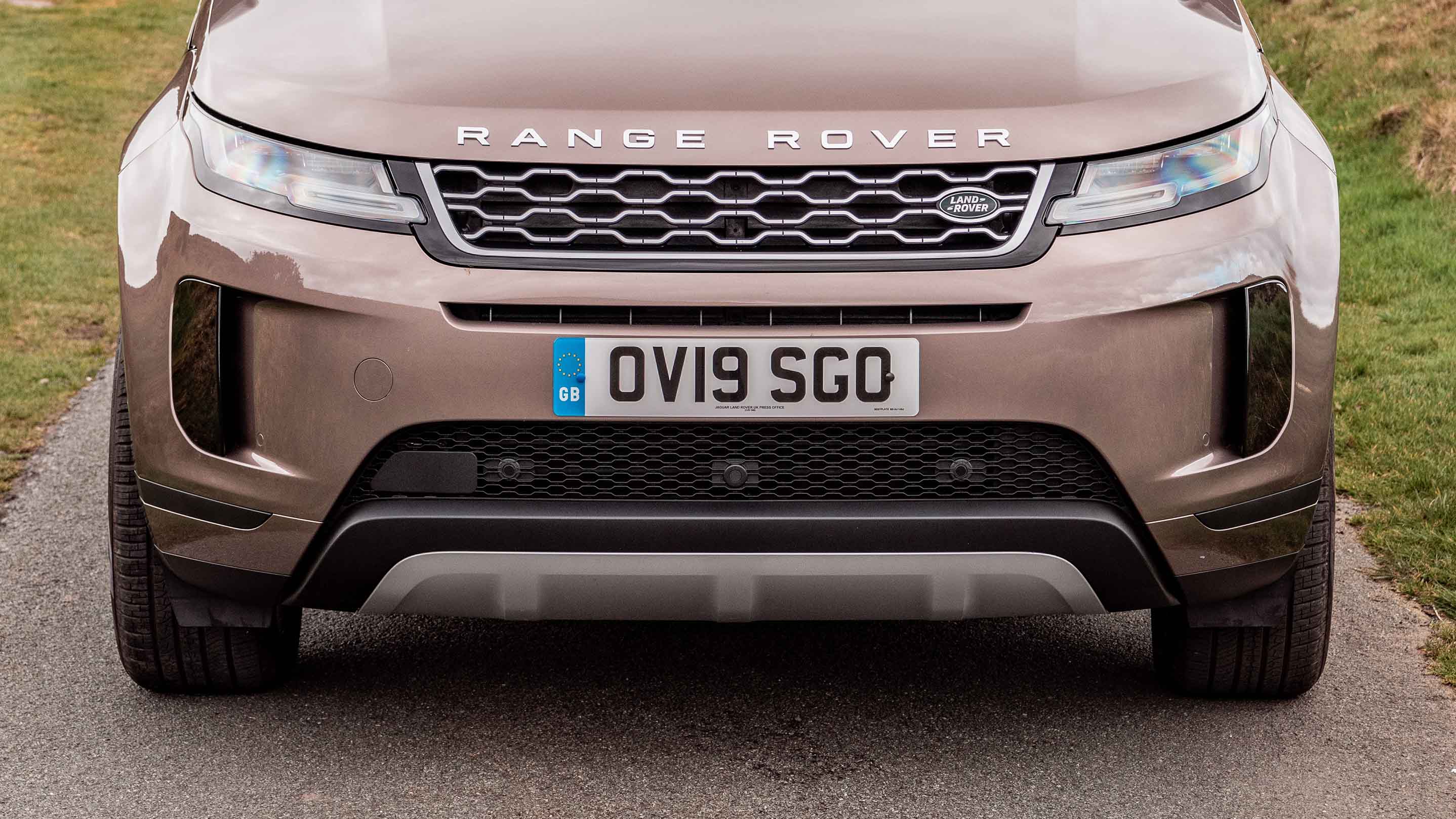
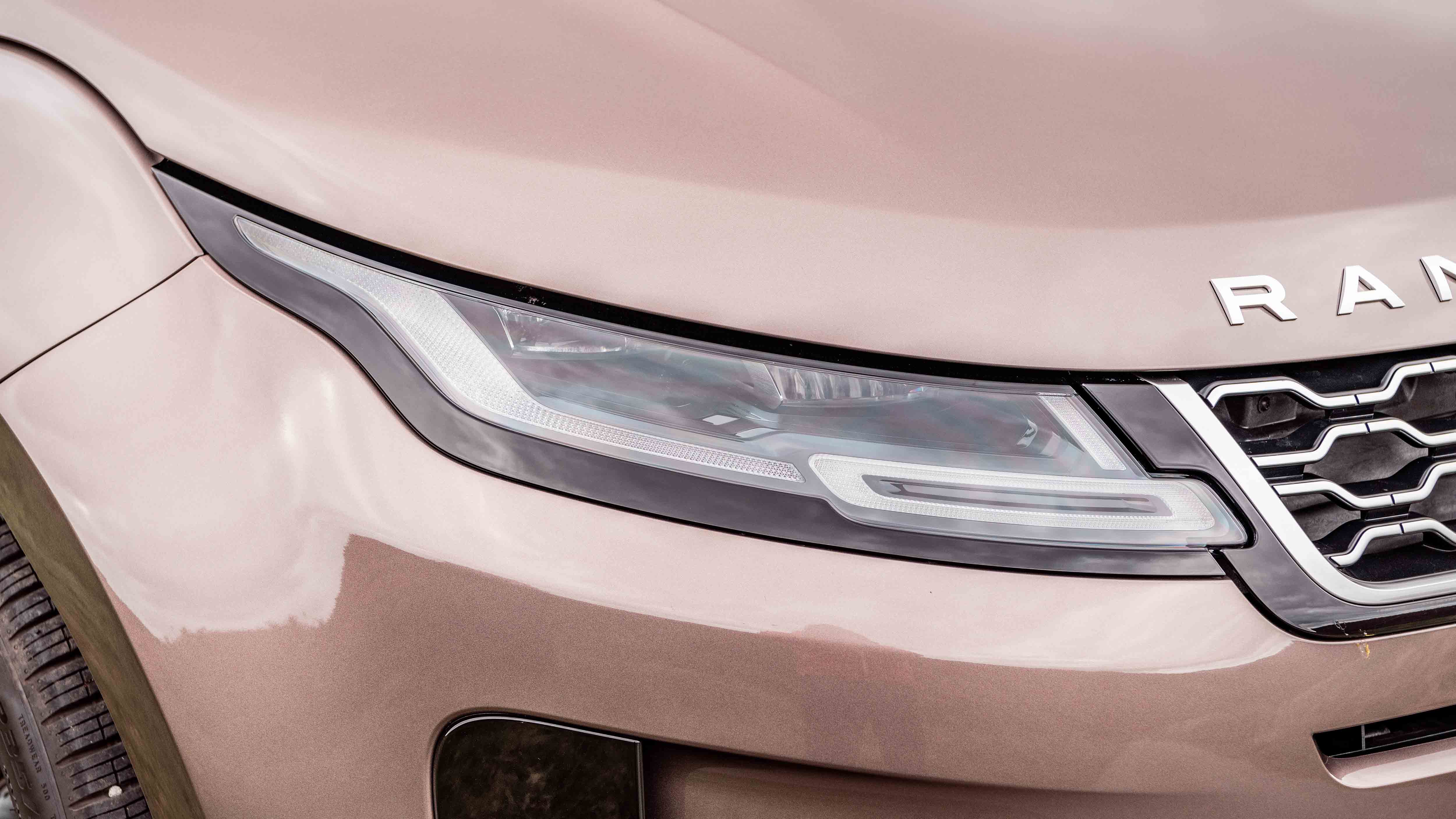
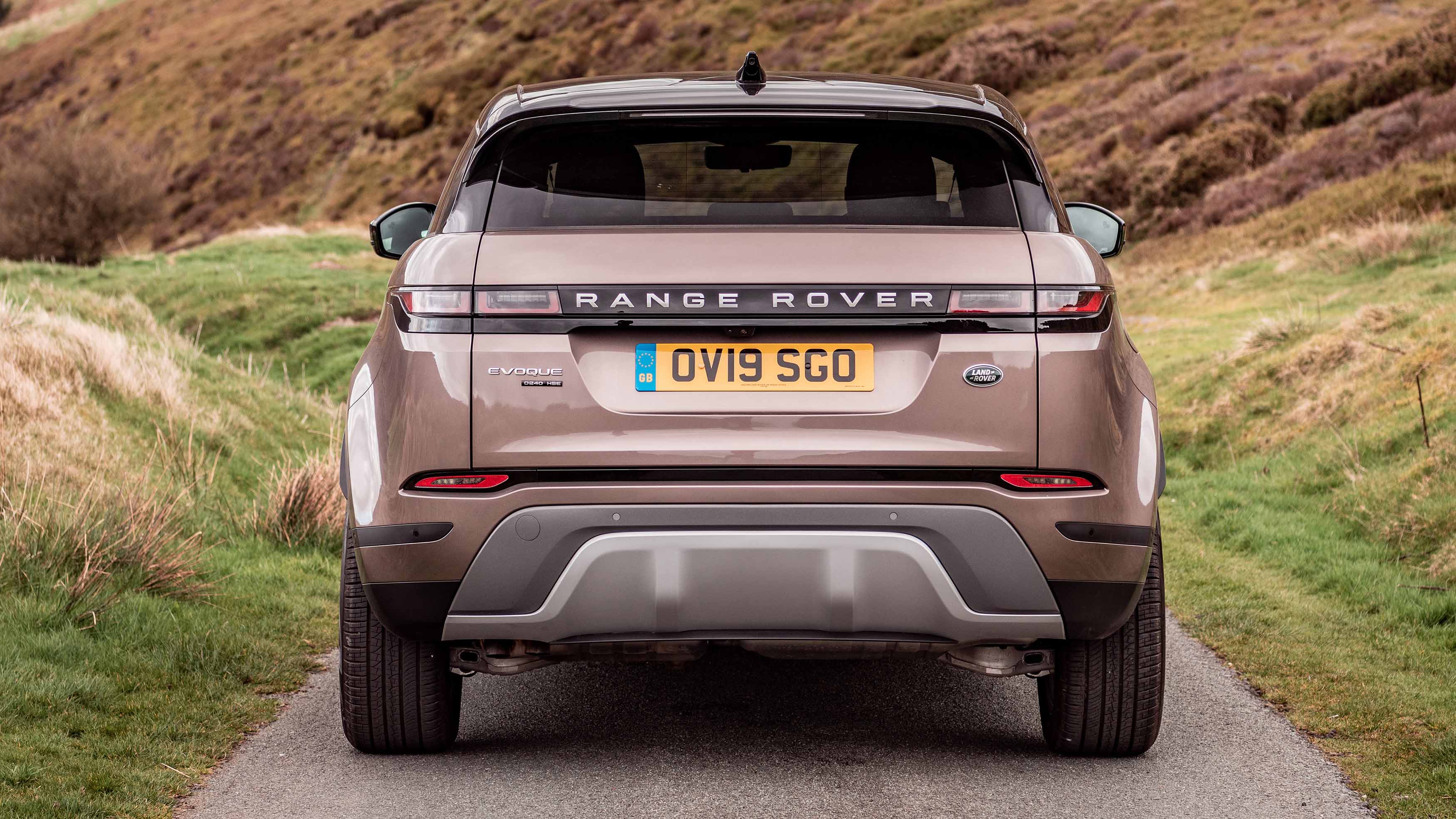
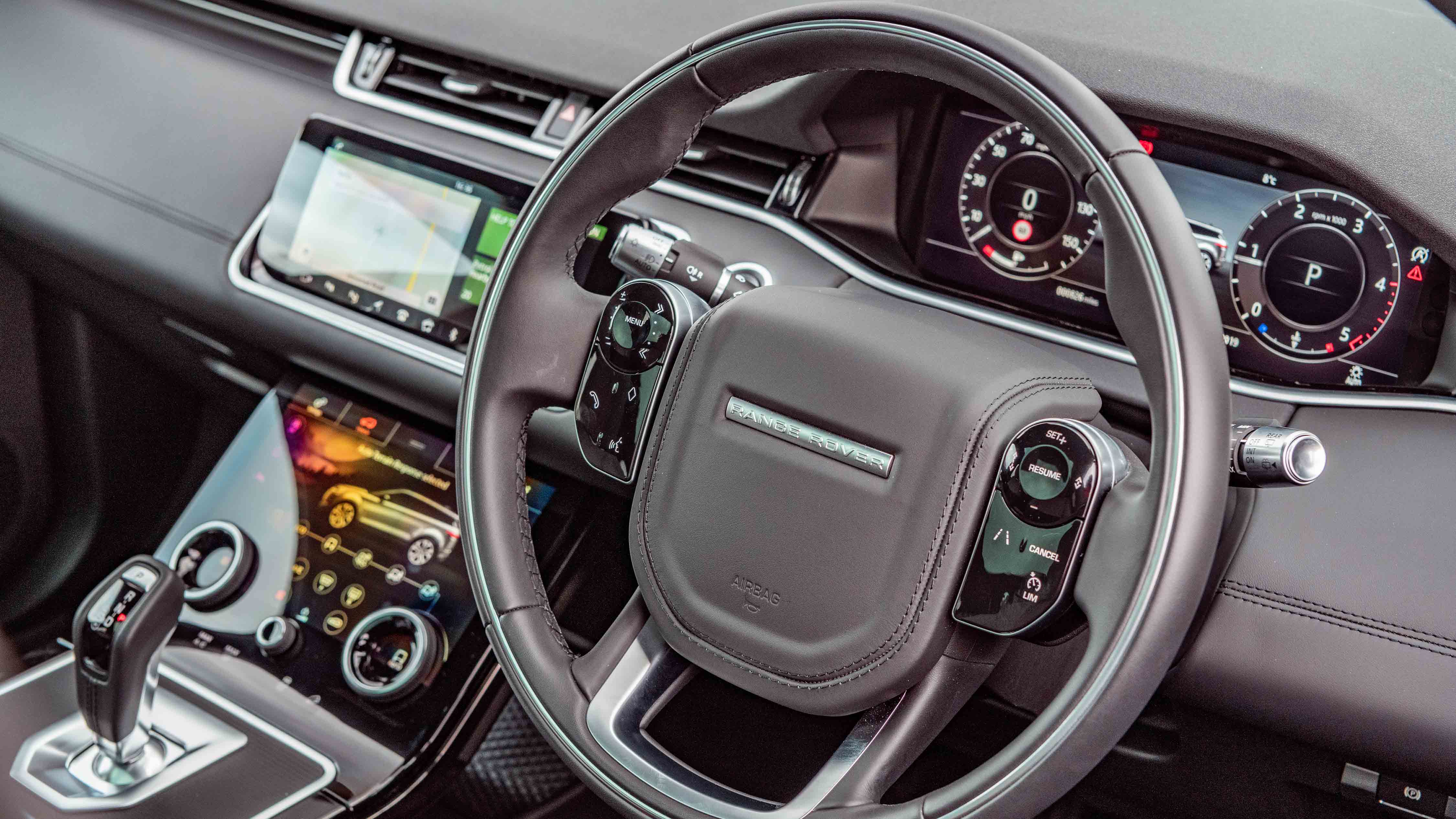
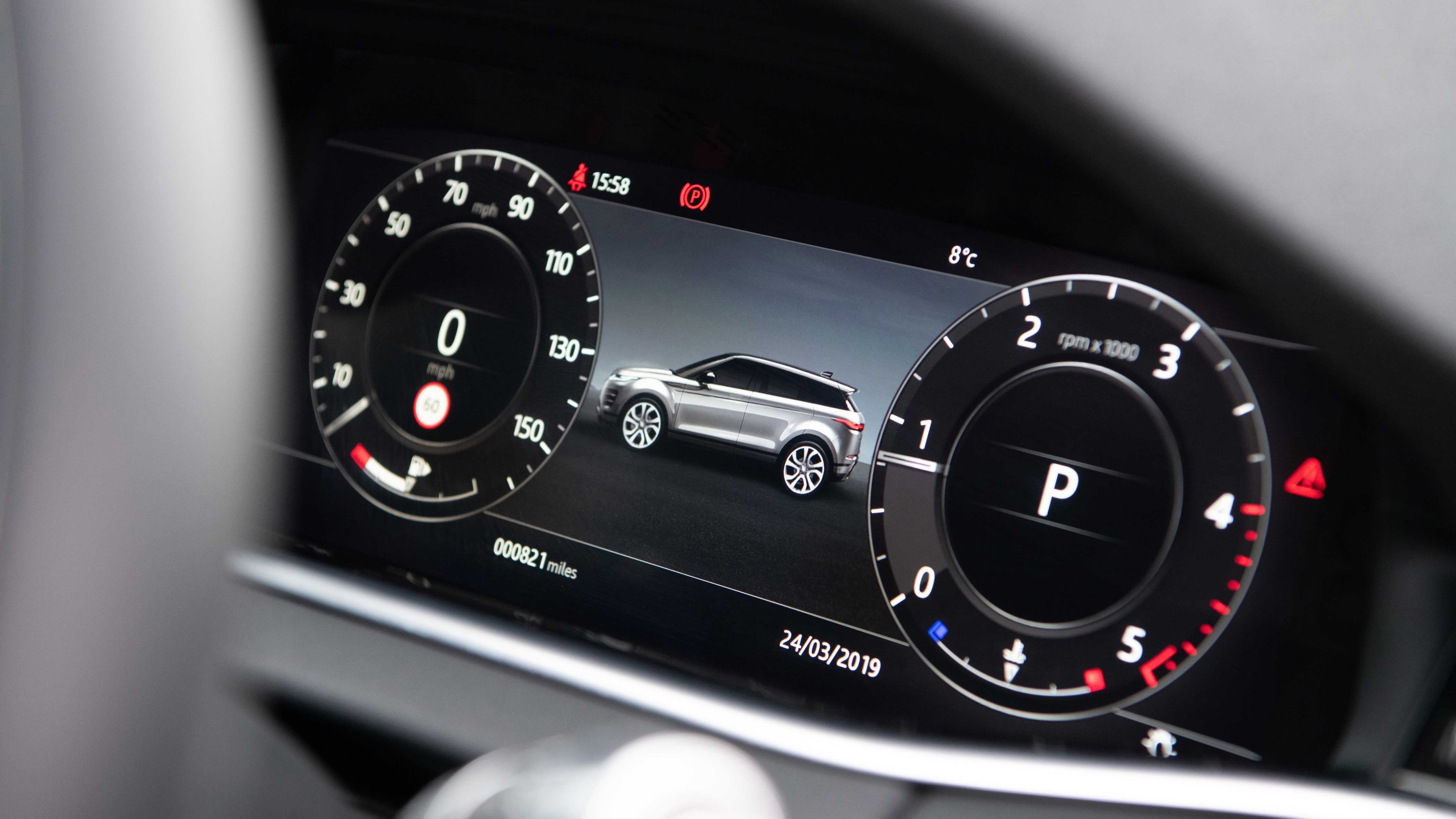
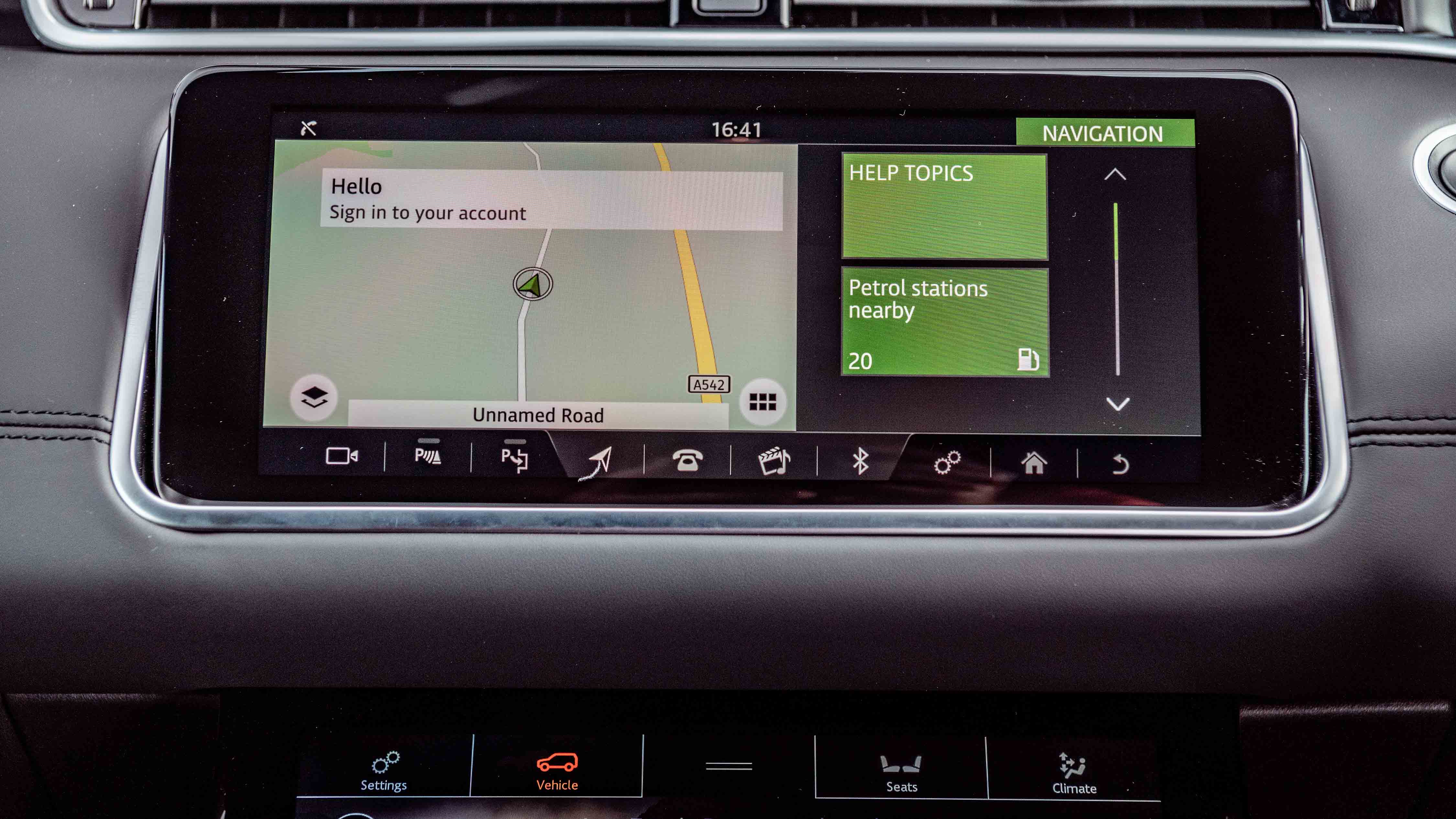
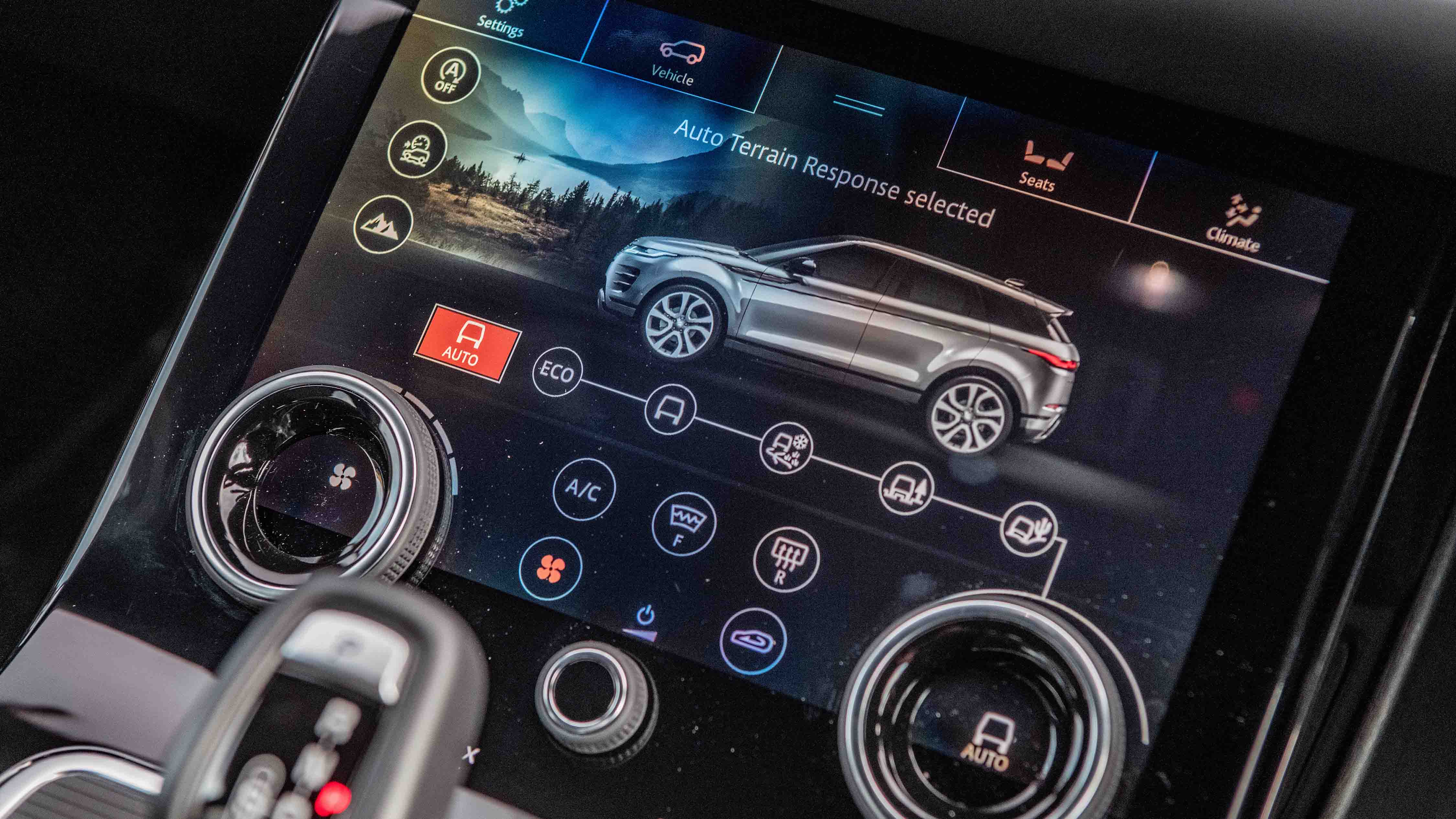
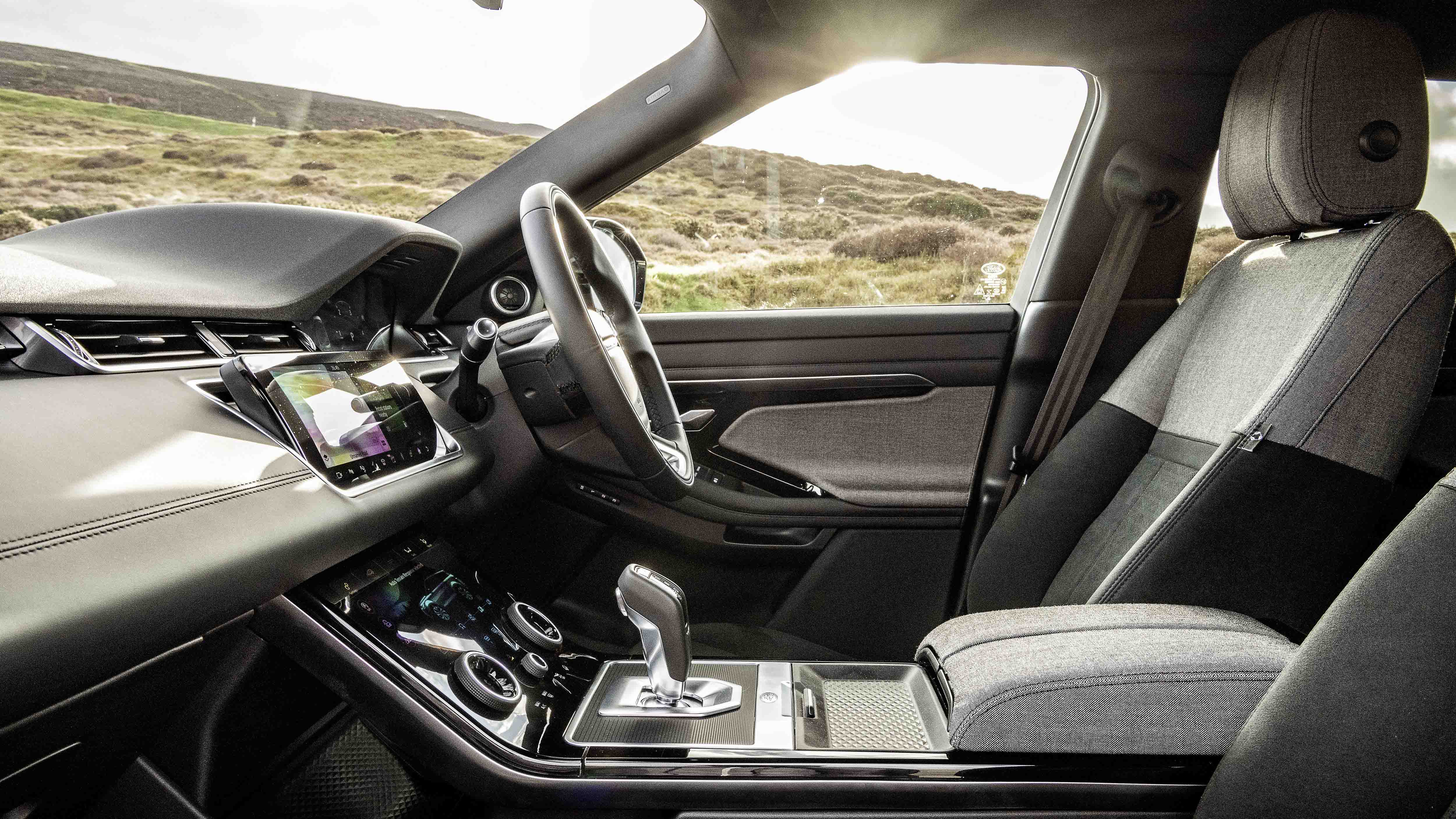
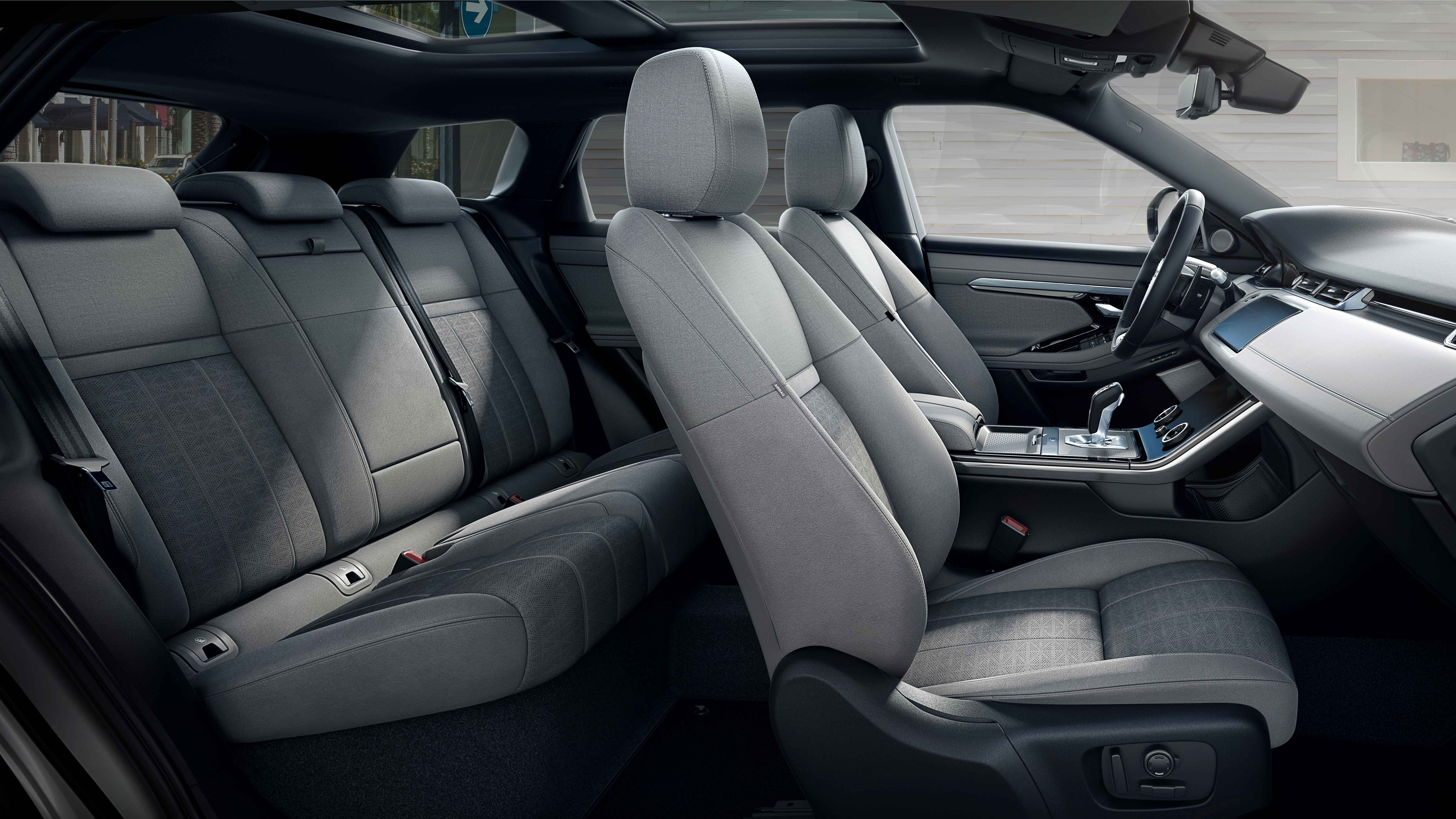
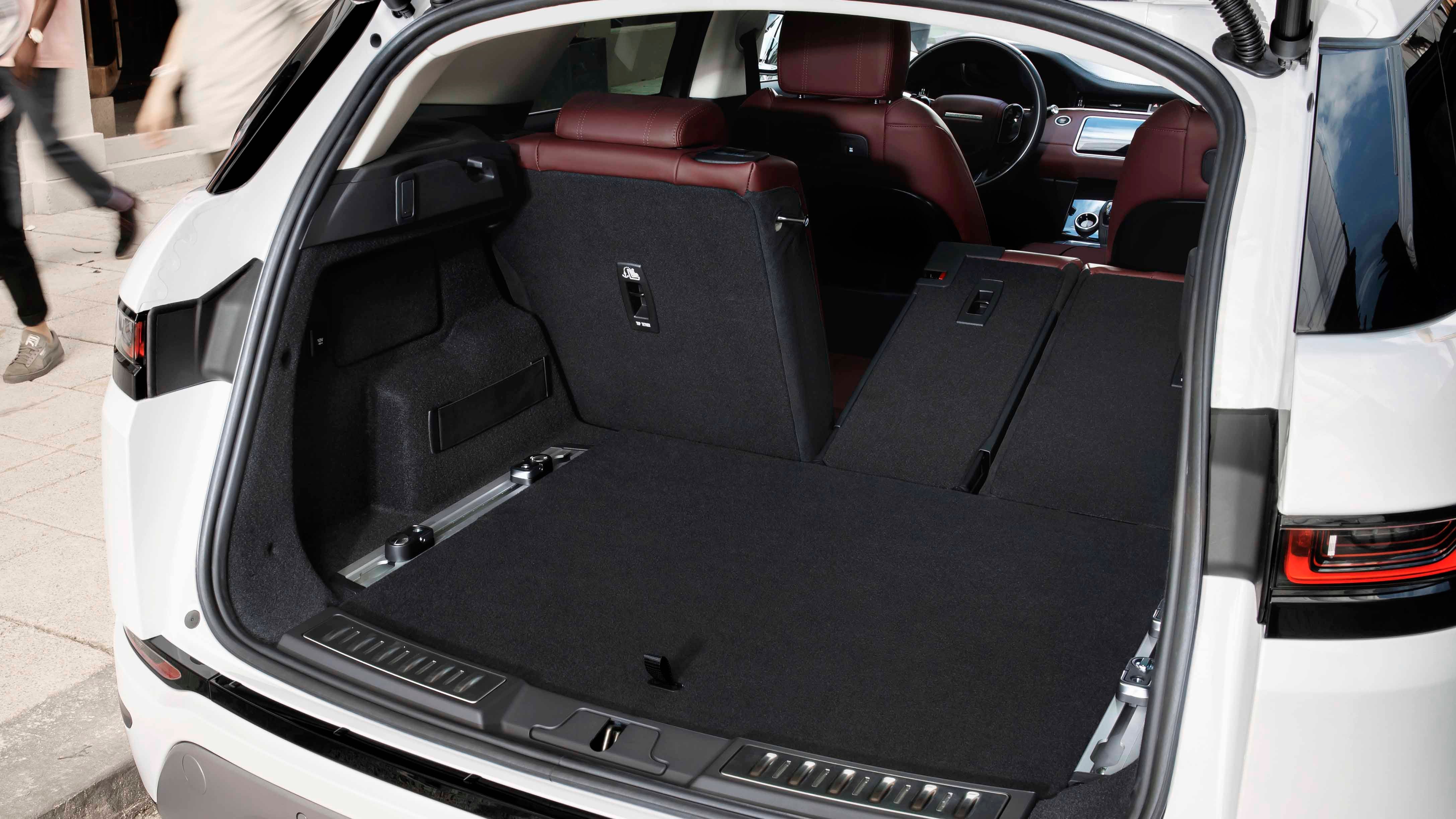
Range Rover Evoque Review
The second-generation Range Rover Evoque does a much more convincing job of distilling the brand’s luxury feel into a small package than its predecessor
- Posh cabin
- Good looks without sacrificing passenger space
- Comfortable, composed driving experience
- Only average cargo space
- Rivals offer better performance and economy
- At the pricier end of the class
Should I buy a Range Rover Evoque?
You might find it hard to tell the second-generation Range Rover Evoque apart from its predecessor. The new car is very much an evolution of the original’s design, which is a good thing because its looks were always one of the Evoque’s key selling points.
Range Rover has, however, lavished attention on the parts that needed it the most – the interior and driving experience. Now, the Evoque doesn’t just look good from the outside – it feels great from behind the wheel, and the interior is as plush and comfortable as Range Rover models with a much heftier price tag.
Of course, the Evoque doesn’t have this segment to itself. Its price and size put it up against seriously accomplished SUVs including the BMW X1, Mercedes GLA and Audi Q3. There’s also the allure of less premium models such as the Volkswagen T-Roc, Peugeot 2008 or Skoda Karoq – all of which offer more bang for your buck than the Evoque. Keep reading to see if the British contender’s luxury trimmings are enough to earn your hard-earned cash.
Interior and Technology
While there was nothing objectively ‘bad’ about the first-gen Evoque’s cabin, it struggled to hide the fact that its roots came from much more affordable cars, with too many hard plastics and functional styling decisions. The second-gen Evoque fixes almost all of these niggles with far more extensive use of soft-touch plastics and leather-like materials on the surfaces you touch.
There’s also a greater feeling of solidity when you poke and prod at the various interior panels, with almost no squeaks or creaks to speak of. A Mercedes GLA, for example, doesn’t quite feel as nicely screwed together as the Evoque.
That said, the Mercedes, along with most of the Evoque’s German rivals look a little more modern when you fire up the infotainment system. There’s little about the way the Range Rover’s system works that’s worthy of criticism – it’s generally quite responsive and the graphics look sharp – but rivals have simply moved the game one notch further along, with even more screen real estate and better integration of functions such as sat nav instructions.

Practicality
The new Evoque comfortably outperforms its predecessor when comparing overall practicality. This is most obvious in the rear seats, where it’s now fairly easy to seat one six-footer behind another with legroom to spare – something that couldn’t be said about the first-gen Evoque.
Headroom in the back is fine rather than exceptional – a BMW X1 or Skoda Karoq let you sit a little taller but only the loftiest of passengers will struggle in the Evoque. A slightly bigger compromise is made to rear visibility, however, in the name of style – the sloping, coupe-like roofline means the side windows are small, which also impacts the size of the door opening when stepping into the back seats.
Despite these criticisms, the Evoque’s overall passenger space is quite impressive considering its fairly small footprint. However, there’s a tradeoff to be made in the boot, where overall space lags a little behind rivals, with the likes of the BMW X1 able to swallow an extra suitcase or two.

Engines and performance
In isolation, the Evoque’s engines are pleasant to use. Both petrol and diesel options remain hushed on the move and have enough grunt to get the car up to motorway speeds without any drama. More affordable Evoques use a six-speed manual gearbox but we think most buyers will be better off with the eight-speed automatic, which suits the car’s posh image.
Where the little Range Rover starts to struggle is when you compare its performance against its rivals. Across the board, Evoque models are a little slower and less efficient than comparable engines in rival cars – not by a vast margin, but enough that you might notice the extra running costs in your monthly budget. A key reason for the Evoque’s deficit compared to its competitors is the car’s commitment to off-road ability, with optional four-wheel drive and off-road driving modes, along with lofty ground clearance and wide approach, ramp and departure angles.

Driving and comfort
The first-gen Evoque was surprisingly sporty and felt like a tall hatchback on the road. That meant it was entertaining to drive, but it couldn’t replicate the effortlessly wafty sensation that larger Range Rover models can conjure. Not so with the latest Evoque, which is impressively comfortable over rough and cracked roads, especially if you choose a model with smaller alloy wheels.
To achieve its more sophisticated ride quality, the new Evoque has been softened compared to the older car. It now has slightly more body roll in corners but never sacrifices its excellent composure. The controls enhance the overall experience, with intuitive weighting and responses from the steering wheel and pedals.

































